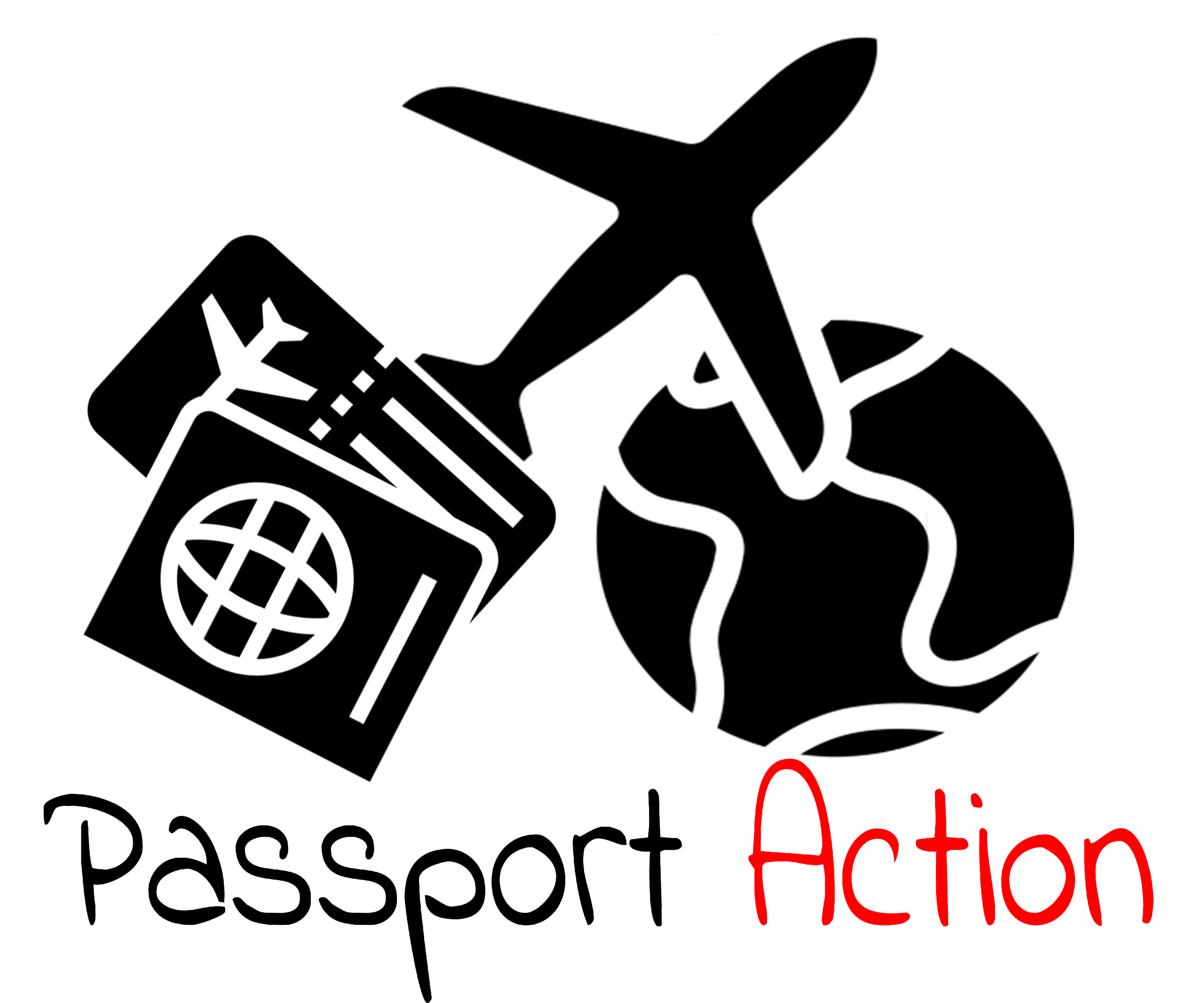Things You Need to Know About Travel Insurance
Traveling can be an exciting and life-changing experience. However, it can also bring about unexpected challenges and risks. One way to protect yourself from potential mishaps during your trip is by investing in travel insurance. Travel insurance can provide financial protection and peace of mind in case of unforeseen events such as medical emergencies, trip cancellations, or lost luggage. In this blog post, we will discuss the essential things you need to know about travel insurance to make an informed decision.
What is Travel Insurance?
Travel insurance is a type of insurance policy that covers various expenses and losses incurred while traveling. It is designed to help travelers manage the risks associated with their trip, such as medical emergencies, trip interruptions, lost or stolen belongings, and more. Learn more about the Best International Travel insurance
Types of Travel Insurance Coverage
Travel insurance policies can vary widely in terms of coverage and cost. Some common types of coverage include:
-
Medical Coverage: This type of coverage reimburses you for medical expenses incurred due to accidents or illnesses during your trip. It may also cover emergency medical evacuations or repatriation if you need to be transported back to your home country for treatment.
-
Trip Cancellation/Interruption: This coverage offers compensation if you have to cancel or interrupt your trip due to unforeseen circumstances, such as illness, death of a family member, or natural disasters. The policy usually refunds non-refundable expenses, such as flights, accommodation, and tours.
-
Baggage Loss/Delay: This coverage reimburses you for lost, stolen, or damaged luggage and personal items. It may also provide compensation for essential purchases if your baggage is delayed for a specified period.
-
Travel Delay: This coverage provides reimbursement for additional accommodation, meals, and transportation costs if your trip is delayed due to specific reasons, such as flight cancellations or severe weather.
-
Accidental Death and Dismemberment (AD&D): This coverage offers financial compensation in the event of accidental death or serious injury during your trip.
Factors to Consider When Choosing Travel Insurance
When selecting a travel insurance policy, consider the following factors:
-
Destination: Your travel destination may influence the type of coverage you need. For example, if you’re traveling to a remote location with limited medical facilities, you may want to prioritize medical evacuation coverage.
-
Duration: The length of your trip can impact the cost of your travel insurance policy. Longer trips typically require more comprehensive coverage.
-
Activities: If you plan on participating in high-risk activities, such as ATV tours, scuba diving, or mountain climbing, ensure that your policy covers these pursuits. Most Travel insurance will not cover activities but may have as an add-on coverage
-
Pre-existing Conditions: If you have pre-existing medical conditions, make sure your policy covers them or purchase additional coverage if necessary.
-
Policy Exclusions: Carefully review the exclusions in your policy, as certain situations or items may not be covered. Most claims will not cover you if you have alcohol in your system so you may want to reach out first and get it in writing. A travel insurance company like Allianz Travel Insurance has denied paying hospital bills because the customer was drinking alcohol prior.
-
Deductibles and Coverage Limits: Understand the deductibles and coverage limits of your policy, as they can affect the overall cost and the amount you can claim in case of an incident.
Tips for Purchasing Travel Insurance
To ensure that you choose the right travel insurance policy, follow these tips:
-
Shop Around: Compare policies from different providers to find the best coverage and price for your needs.
-
Read the Fine Print: Carefully review the terms and conditions of each policy to understand what is covered and what is excluded.
-
Purchase Early: It’s best to purchase travel insurance as soon as you book your trip, as some policies may not cover pre-existing conditions or events that occur close to your departure date.
-
Check Your Existing Coverage: Before purchasing travel insurance, review your current health, homeowners, and credit card insurance policies to avoid duplicating coverage.
-
Keep Documentation: Keep copies of all relevant documents, such as receipts, medical records, and travel itineraries, as they may be required when filing a claim.
In conclusion, travel insurance can provide valuable protection and peace of mind during your trip. By understanding the different types of coverage, considering the factors that impact your policy, and following our tips for purchasing travel insurance, you can ensure that you have the right protection in place for your journey. Safe travels!

